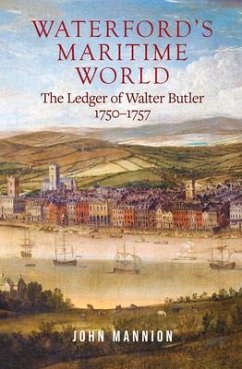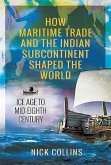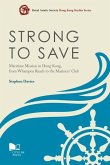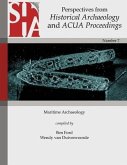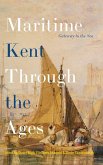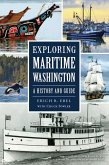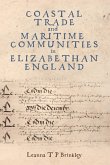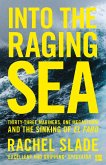In October 1750 Walter Butler, a Waterford sea captain, purchased a ship in the port of Bordeaux and had it refitted there before loading it with wine, brandy, and other French produce for his home port. Renamed the Catherine after his wife, the ship spent the winter in Waterford where Butler and his men prepared for a voyage to Newfoundland. She departed for the fishery in April 1751 with "passengers" (seasonal migrants) and salt provisions, returning home in the fall. Over the next six years The Catherine completed three more round trips to Newfoundland and voyages to London, Tenby, Dublin, Cork, Lisbon, Cadiz, and Seville. The brig was captured off St. Lucar by a French privateer in spring, 1757. Butler's account of the Catherine survives (Prize Papers, High Court of Admiralty). The ledger contains the most detailed description of a Waterford ship, shipmaster, and crew for the eighteenth century. It is a record of everyday economic exchanges with merchants, traders, artisans, and labourers in Waterford city and in the ports and fishing harbours visited by the Catherine overseas, in England, Wales, France, Iberia, and in faraway Newfoundland.
Hinweis: Dieser Artikel kann nur an eine deutsche Lieferadresse ausgeliefert werden.
Hinweis: Dieser Artikel kann nur an eine deutsche Lieferadresse ausgeliefert werden.

